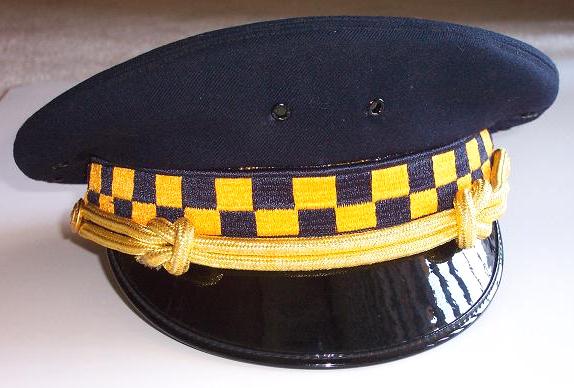SUN-TIMESSeven of the Chicago Police Department's most experienced sex-crimes detectives are part of a new DNA squad that will specialize in chasing rape suspects.
Such a DNA unit was first suggested several years ago when Chicago Police officials saw how DNA -- which gives the ability to scientifically link a crime scene to a suspect -- was going to affect investigations.
And it has -- in 2003, there were 174 DNA hits for cops to chase; in 2005, that number stood at 897.
The number of hits has soared, in general, because the statewide DNA database is swelling each year as more felons are required to submit DNA samples.
The hits include robberies, burglaries and homicides, and the newly formed unit will not be limited to sexual assault cases. But the majority of them are criminal sexual assaults, in part because of a fund-raising effort that helped get old rape kits tested.
And that means the department needed a particular kind of detective for the unit, said Chicago Police Chief of Detectives Maria Maher.
"They're all seasoned sex offender detectives," Maher said. "They know how to handle [the cases]. They're compassionate and have good clearance rates. They know how to talk to offenders, too."
The seven detectives will join three police officers in the new unit, which will be supervised by a sergeant.
The detectives come from all over the city and have years of experience working with victims of sexual assault and using DNA to secure charges against rapists, including some serial attackers.
They say years of experience has taught them how to approach victims, many of whom are shocked when they answer the door and see a cop standing there.
It's often painful to re-live the horror of the attack, and they are often reluctant to talk. Sometimes they're just surprised to find out anyone was still working on the case.
'Different type of crime'
One key piece of the work is figuring out if the named offender is a true suspect in the crime; just because his DNA is at a crime scene doesn't mean he did the crime, the detectives said.
Detectives need to track down the victims, witnesses and the suspected offender to piece the case back together.
"You have to be creative," said Sgt. Tony Kuta, who is on loan to the group and has worked several rape patterns on the South Side. "You have to be tenacious."
"It's back to good old-fashioned police work," added Detective Rita Mischka, formerly of the Harrison Area. "Knocking on doors."
Smaller units in the detective areas do this kind of work. But a typical workload at the area would also include following new cases and processing sexual offenders who have failed to register.
Recently -- after having just met with local advocates for rape victims -- the team said they looked forward to the narrow focus that will allow them to clear more of these cases. It's rewarding -- especially for the victims who were never believed in the first place.
"It's a different type of crime," said Detective Charles Morgan, a 10-year veteran. "It's a personal type of crime . . . a personal violation of a human body."















